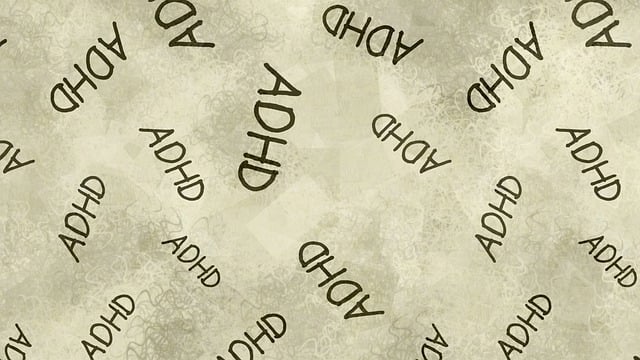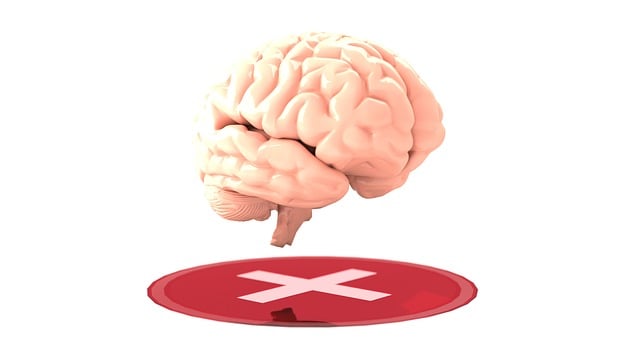Recognizing subtle signs of depression early is crucial for prevention. This includes persistent sadness, changes in appetite/sleep, fatigue, and thoughts of self-harm. Professional help from services like Littleton Domestic Violence Therapy offers support and coping strategies. Open conversations about mental health, early intervention programs, conflict resolution techniques, and building a robust support network are key to fostering resilience and well-being. Healthy habits like regular exercise, balanced diet, and adequate sleep, along with structured programs and journaling, combat depression effectively. Littleton Domestic Violence Therapy provides tailored programs addressing these aspects for comprehensive depression prevention and management.
Depression is a serious yet treatable condition, and implementing proactive strategies can be life-changing. This article explores three key areas to combat depression: recognizing early signs and seeking professional help, building a robust support network, and adopting healthy habits for improved mood and resilience. By understanding these prevention methods, individuals in Littleton Domestic Violence Therapy or similar communities can take charge of their mental well-being and foster a happier, healthier life.
- Recognizing the Signs of Depression and Seeking Help
- Building a Supportive Network for Mental Well-being
- Incorporating Healthy Habits to Boost Mood and Resilience
Recognizing the Signs of Depression and Seeking Help

Recognizing the subtle signs of depression is a critical step in its prevention. This mental health condition often presents itself through persistent feelings of sadness, loss of interest in activities once enjoyed, changes in appetite and sleep patterns, fatigue, difficulty concentrating, and, in severe cases, thoughts of self-harm or suicide. If you or someone close to you exhibits these symptoms, it is crucial to seek professional help. Littleton Domestic Violence Therapy offers specialized support for individuals dealing with depression, providing a safe space to process emotions and develop coping strategies.
Encouraging open conversations about mental health, including depression prevention, is essential. Through programs like Mental Health Policy Analysis and Advocacy, communities can promote early intervention and access to effective treatments. Conflict Resolution Techniques can also play a significant role in preventing depression by teaching individuals healthier ways to manage stress and navigate challenging situations, ultimately fostering better resilience and overall well-being.
Building a Supportive Network for Mental Well-being

Building a strong support network is an essential aspect of depression prevention and fostering mental well-being. This includes reaching out to friends, family, or even joining support groups where individuals can share their experiences and offer mutual assistance. In Littleton Domestic Violence Therapy, for instance, clients often benefit from connecting with peers who have faced similar challenges, creating a sense of community and understanding. Such networks provide emotional support, which is crucial in combating mental illness stigma reduction efforts.
Emotional intelligence plays a pivotal role here as it enables individuals to recognize and manage their emotions effectively. Encouraging open conversations about feelings and implementing conflict resolution techniques within these networks can help prevent escalation. By fostering healthy interactions and resolving conflicts constructively, the overall emotional climate becomes more positive, contributing to better mental health outcomes and reducing the risk of depression.
Incorporating Healthy Habits to Boost Mood and Resilience

Incorporating healthy habits is a powerful strategy to combat depression and foster mental resilience. Simple yet effective practices like regular exercise, a balanced diet, and adequate sleep can significantly impact one’s mood and overall well-being. Engaging in physical activity releases endorphins, which are natural mood lifters, while a nutritious diet provides the brain with essential nutrients required for optimal functioning. Adequate rest is also crucial as it allows the body to repair and rejuvenate, promoting mental clarity and stability.
For those seeking additional support, considering structured programs like Mental Health Policy Analysis and Advocacy or Community Outreach Program Implementation can be beneficial. These initiatives often include educational workshops and peer support groups that encourage open discussions about mental health. Incorporating journaling as a Mental Wellness Journaling Exercise Guidance is another valuable tool—it allows individuals to process emotions, track progress, and identify triggers, ultimately enhancing self-awareness and coping mechanisms. For instance, Littleton Domestic Violence Therapy offers tailored programs addressing these aspects, aiming to prevent and manage depression effectively.
Depression is a serious yet treatable condition, and implementing preventive strategies can be life-changing. By recognizing early signs and seeking help, individuals can take charge of their mental well-being. Building a strong support network, coupled with adopting healthy habits like regular exercise and mindfulness practices, can significantly enhance mood and resilience. Remember, at Littleton Domestic Violence Therapy, we understand the unique challenges our community faces and offer specialized resources to support mental health initiatives. Together, let’s break down barriers and foster open conversations about depression prevention.














